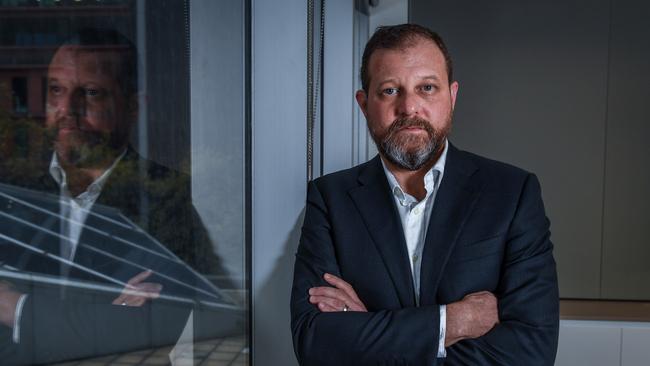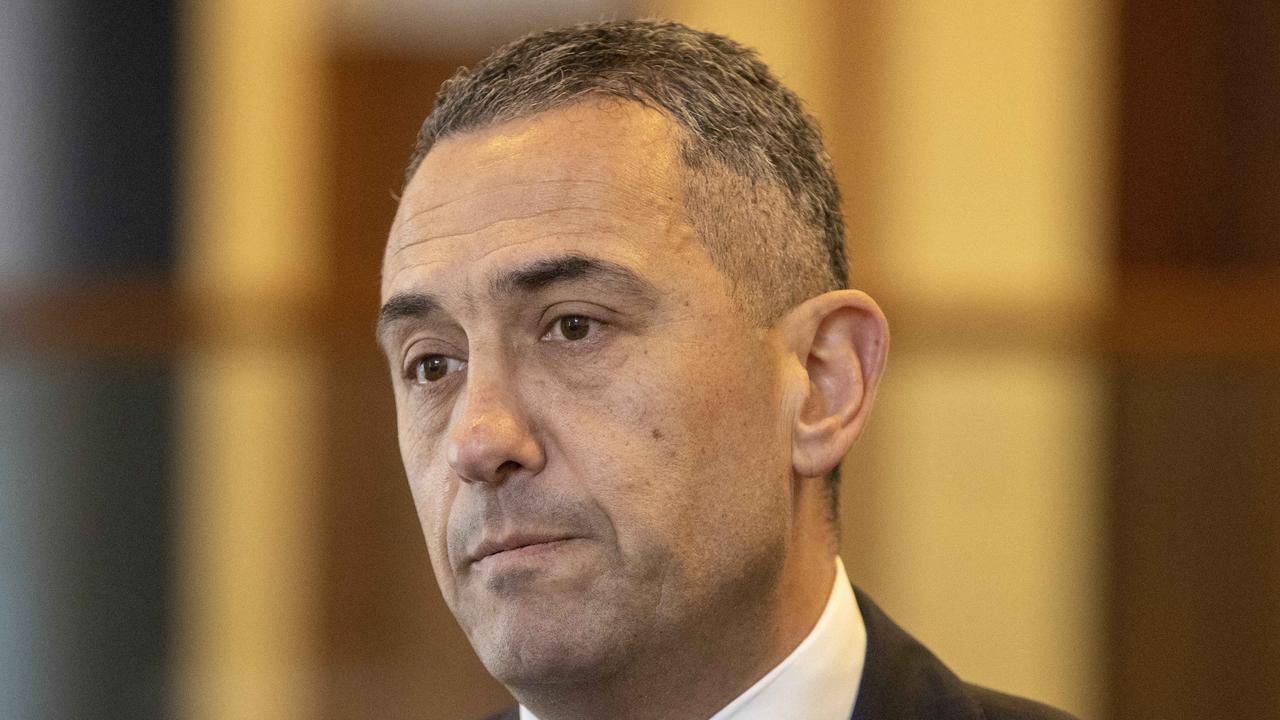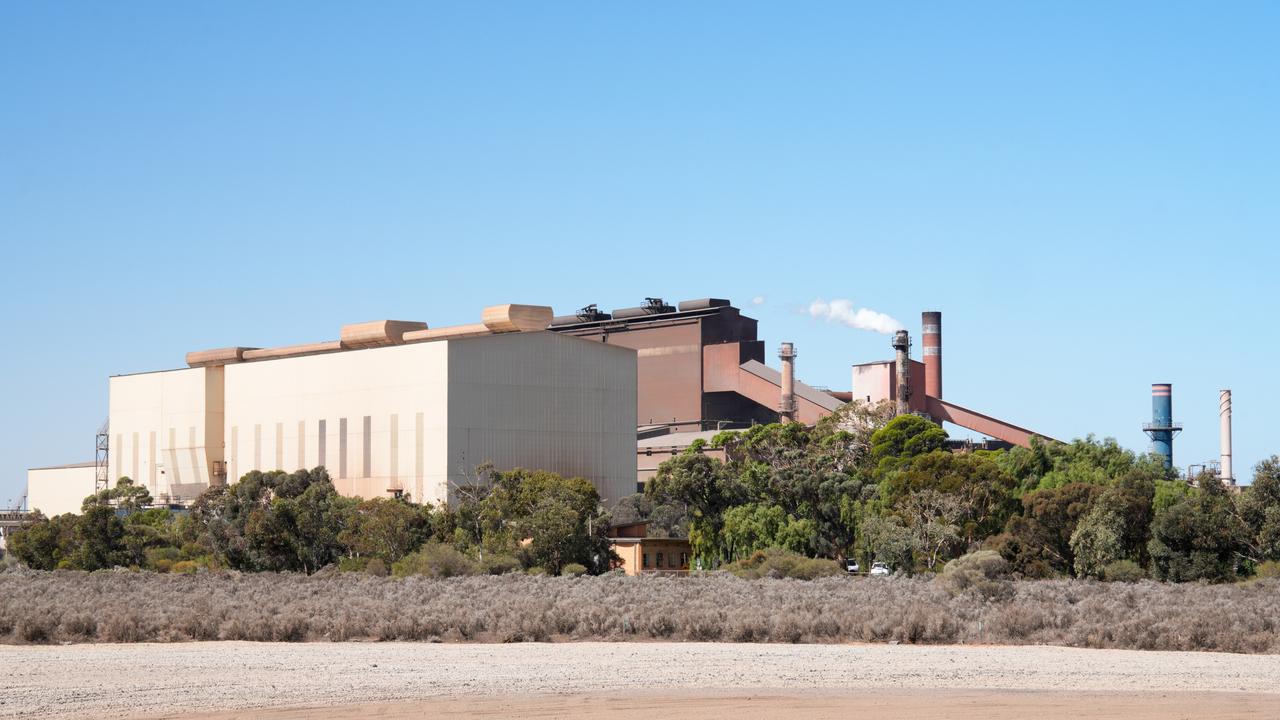No need to relocate, says Omni Bridgeway’s Andrew Saker
A review into Omni Bridgeway’s listing venue found no ‘persuasive argument’ to change from the status quo, says CEO Andrew Saker.

A review into Omni Bridgeway’s listing venue at the request of some of its institutional shareholders found no “persuasive argument” to change from the status quo, according to CEO Andrew Saker.
Announcing the decision to the market on Monday morning, the litigation funder said it had undertaken detailed analysis and had considered input from shareholders through the review, but ultimately found that the company would be best served by retaining its current listing on the ASX.
“We spent several months on this. We’ve gone through a process of looking at what the benefits and costs would be for us, and in particular, for our shareholders, and came to the conclusion that there currently isn’t a strong or persuasive argument to either relocate entirely or to even have a dual listing,” Mr Saker told The Australian.
One major hurdle of a dual listing would be the impact on the stock’s liquidity, he said.
“A dual listing … would effectively mean we’d get very thin trading, both in the US or UK, and also very thin trading in Australia, none of which is helpful to institutional investors. So the dual listing became quite problematic.”
Omni Bridgeway, formerly known as IMF Bentham, currently has a turnover of around a million shares a day. Splitting into two lots of 500,000, or even an uneven split of, say, 80/20 would see the stock become less attractive to institutional investors.
“In terms of the benefits of a sole listing (in the US or UK), it became difficult because our shareholding is so significantly held by Australian institutional investors, that it would have created an enormous flowback risk,” Mr Saker said.
Mr Saker said he had not yet spoken to the international institutional shareholders who had requested the review but that he was in the process of reaching out to convey the decision.
The litigation funder still plans to expand its global footprint and product offering after recording a spike in income in the past year following a number of class action wins, including its PFAs contamination case against the federal government and an action against former dairy co-operative Murray Goulburn.
It is targeting further expansion into new markets, as well as increasing its footprint in its current markets, such as Canada, and potentially the US.
“We’ve got significant cash and access to capital through the fund structures, significant growth opportunity, so it’s all looking reasonably positive,” Mr Saker told The Australian last year.
It is also pursuing a deliberate strategy to boost the corporate funding side of the business to reduce concentration risk from its class action business.
Separately, Mr Saker on Monday indicated the litigation funder may imminently launch a class action against general insurers disputing business interruption claims.
Business interruption insurance covers the loss of income a business suffers if it is forced to close due to an event beyond its control such as a natural disaster.
Insurers have vehemently argued that it should not cover business closures due to a pandemic but a recent judgment from the NSW Court of Appeal in a crucial test case found insurers whose policies referenced the defunct Quarantine Act were unable to block business interruption insurance claims.
Omni Bridgeway shares closed up 3c, or 0.9 per cent, on Monday at $3.39.



